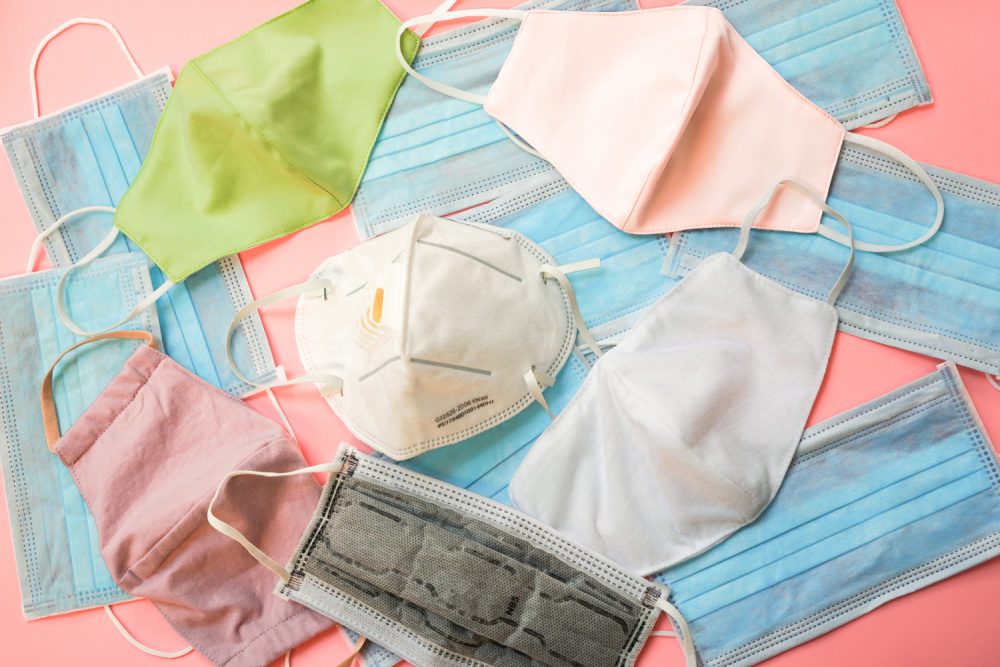Advertisment
Surgical masks are not inferior to N95 masks for health-care workers providing routine COVID-19 care

Surgical masks are not inferior to N95 masks for stopping the spread of COVID-19, says a study led by McMaster University researchers.
The results follow the tracking of 1,009 health-care workers providing COVID-19 patient care at 29 sites in Canada, Egypt, Israel and Pakistan between May 2020 and March 2022. Study participants were randomly assigned either a surgical mask, which was already the standard used at all of the study sites, or a N95 respirator. As with all clinical trials, study participants were volunteers who could exit the study or switch to an N95 at anytime.
“The surgical masks were not statistically less effective than N95s in preventing COVID-19 infections in health-care providers looking after patients with COVID-19,” said lead author Mark Loeb, professor of McMaster’s Department of Pathology and Molecular Medicine and a Hamilton infectious disease physician.
“The major thrust of this study is that there have been no other rigorous comparisons of surgical masks to N95 respirators. This was also the only randomized clinical trial – offering the highest standards of evidence – relating to this question throughout the pandemic.”
Loeb said a systematic review of four previous randomized controlled trials on masks done between 1990 and March 2020 shows the use of surgical masks did not increase viral respiratory infection or clinical respiratory illness.
He added that there have been conflicting recommendations on the use of N95 masks during the pandemic. The U.S. Centers for Disease Control and Prevention recommended N95s for routine care of patients with COVID-19, while the World Health Organization and Canadian Public Health Agency recommended either surgical masks or N95 respirators.
The study comes as low and middle-income countries are still struggling to procure N95 masks due to their high cost. Loeb said many of these same countries faced an acute shortage of N95s throughout the COVID-19 pandemic.
External funding for the study was provided by the Canadian Institutes of Health Research, the World Health Organization and the Juravinski Research Institute.
The paper is available at https://www.acpjournals.org/doi/10.7326/M22-1966





